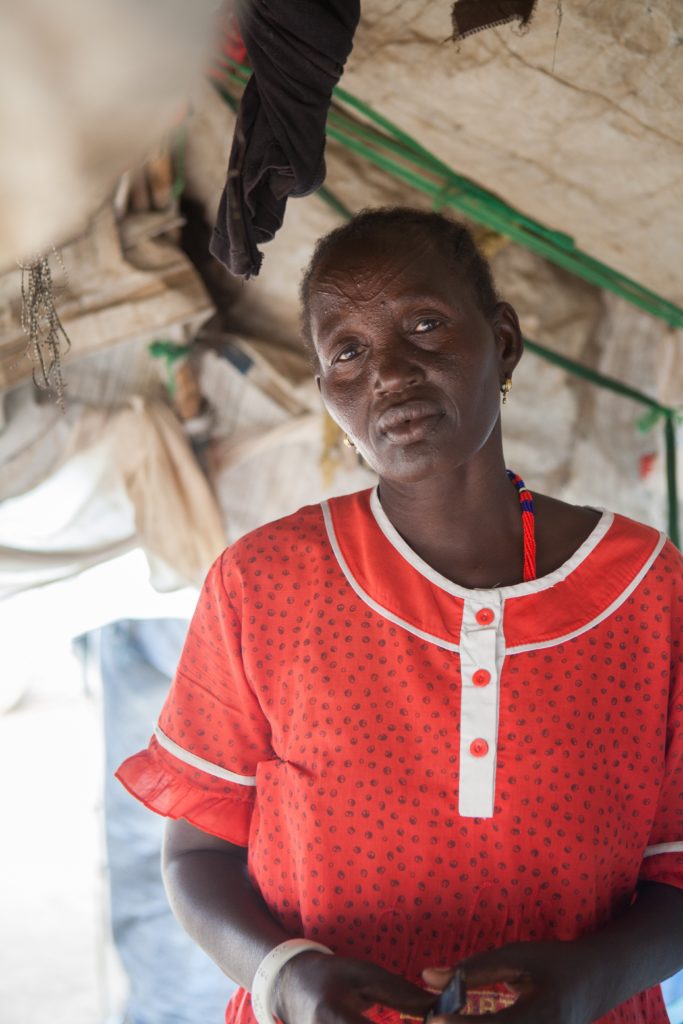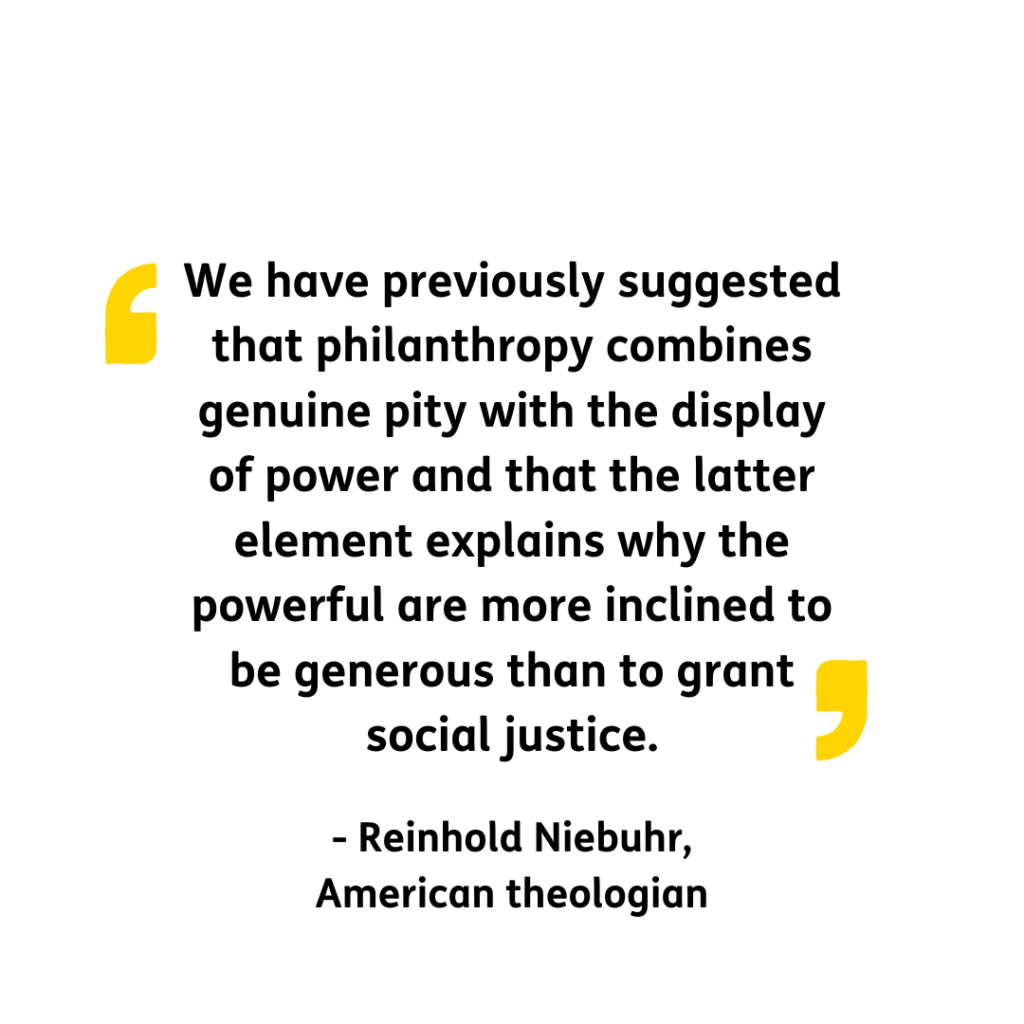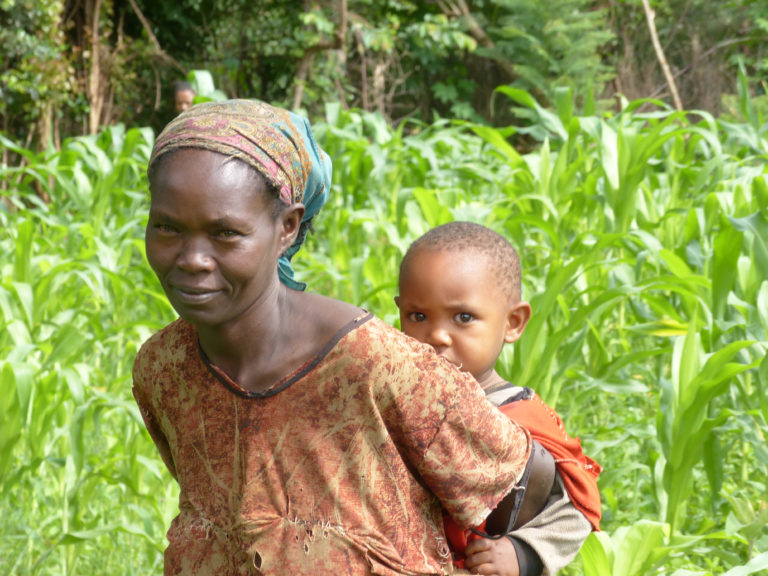Your Questions!
Does giving to charity hurt people?
There are countless articles about why giving to charity is important. There are even articles on how giving to charity can make you happier! But does giving to charity hurt people?
Symptoms vs. causes, charity vs. justice
Each year, tens of millions of dollars and volunteering hours are given by churches and Christians to support those living in poverty—whether internationally or within Canada. Although our mandate to serve the poor is strikingly clear, is it possible that much of our “helping” is actually hurting those very people we are trying to help?
The fact is that giving to charity can hurt people. Treating symptoms of poverty, rather than underlying causes, can actually create more harm than good. Handouts have their place, especially in emergency relief situations, such as a famine or drought. But they are not the permanent solution to lifting people from poverty.
Charity work can also undermine the need for systemic justice. No matter our level of wealth, we sometimes would rather give to support a band-aid solution rather than address the deeper systemic issues of injustice and inequality.
Yes, giving to charity can hurt people when an organization is positioned to only give handouts and not address deeper, systemic causes of poverty.


How do you think about poverty?
The way that we think about poverty is important. How we define poverty determines the way we think about the solutions. In wealthier countries, we tend to think about poverty as a lack of income, healthcare or food. We believe that by giving material things; money, food, or shelter will increase livelihoods and end poverty. When all material needs are met, a person is no longer in poverty. Or so we think…
In countries that have higher poverty rates, people living in poverty will describe their situation differently. They will describe poverty as psychological, social, even spiritual. Poverty is all-encompassing and leads to a lack of dignity, hope and empowerment.
Tearfund’s theory of poverty
To tackle poverty, we must first understand what it is. Through the local church, we work to restore the broken relationships – with God, with one another, with creation, and even within ourselves – that are the root cause of poverty.
Rather than passing out handouts to needy people, we work closely with local church partners who have been established for years. They know where the need is greatest and we collaborate with them to help in the best way possible.
We believe that the local church is the best tool we have in ending poverty and injustice. The church understands that broken relationships are the root of poverty, and that we have the opportunity to join Jesus in his ministry of reconciliation to all creation.
We’ve seen thousands of lives forever changed because of the holistic ministry of the local church. People living in extreme poverty are using their God-given gifts and talents, lifting themselves from poverty with dignity and hope. Check out our website to learn more about how we work with those in poverty, and how our mission of ending poverty is rooted in the healing of relationships, not just in material need.

When Helping Hurts
To help you and your church better understand poverty, we developed this FREE six-part video study called When Helping Hurts, based on the best-selling book by Steve Corbett and Brian Fikkert.
Whether you’re involved in short-term missions, or the long-term empowerment of the poor, this video course will help you in three key areas:
Foundational concepts – who are the poor?
Principles – Should we do relief, rehabilitation, or development?
Strategies – How can we help people effectively here and abroad?
